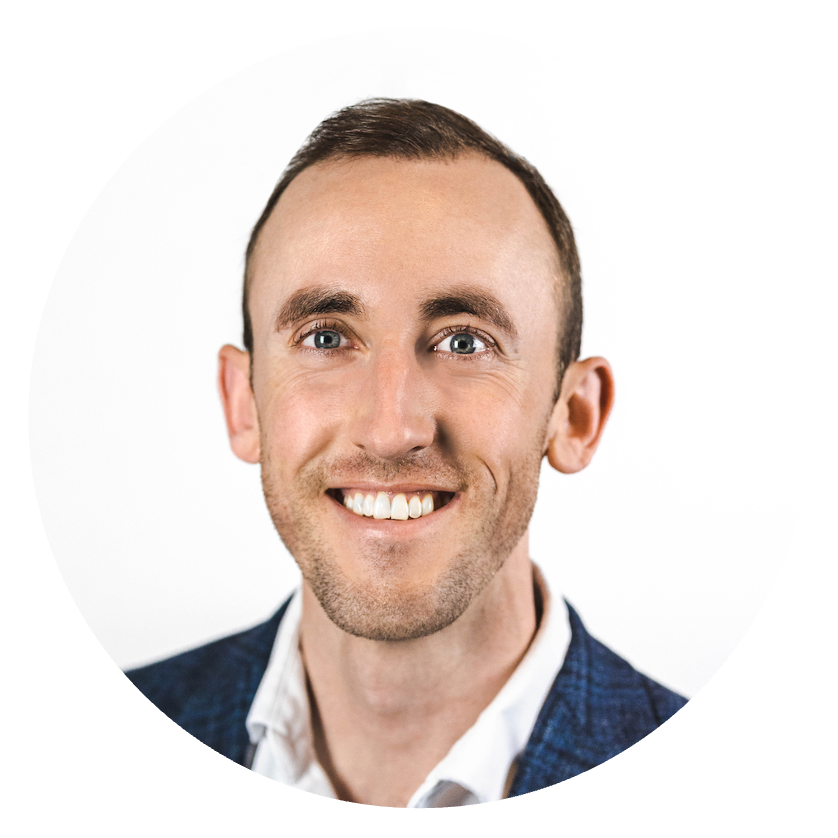Founder’s Five: Alan Forbes, F.I.R.S.T. Institute
October 18, 2024 Founder's FiveFounder’s Five is a continuing series from Tyton Partners that invites education company founders to shed light on…
Founder’s Five is a continuing series from Tyton Partners that invites education company founders to shed light on their own success and illuminate the landscape for other education entrepreneurs and investors by answering five basic questions.
Today, Mentor Collective supports more than 200 institutions ranging from community colleges to R1 universities and regional comprehensive institutions, with a comprehensive solution that spans enrollment management, student success, and career development. Its robust and scalable mentoring platform is powered by scholarly research, technology, and service and provides institutions with the ability to launch, manage, and analyze mentorship programs.
The platform is backed by a network of educators, instructional designers, engineers, data scientists, researchers, and support teams dedicated to helping students develop a sense of belonging, persist to degree/credential completion, and grow their social capital.
Mentor Collective is regularly selected to share mentorship outcomes for panels at the annual NASPA, AACRAO, AAC&U, and NACAC conferences and is an Inc 5000 honoree for fastest-growing companies and one of Built-In Boston’s top 100 Best Remote-First Places to Work. It was also awarded the regional Timmy Award for Best Tech for Good. The Company has raised $28 million in venture funding to date.
 What is your company’s origin story?
What is your company’s origin story?Mentor Collective’s founding is centered on the idea of belonging. As recent college graduates, my cofounder James and I were fascinated by the ways institutions were supporting (or failing to support) a student’s entry into higher education. We recognized that who you know often plays a greater role than what you know when acclimating to the demands of post-secondary education. After spending a year running pro bono mentoring programs, we quit our day jobs to build a social enterprise that would scale high-impact mentorship programs and close equity gaps in higher education.
 How will the market be changed by your company’s success?
How will the market be changed by your company’s success?Institutions of higher learning are some of the most interconnected networks on the planet – students, staff, faculty, alumni, and employers can all be harnessed to support the next generation of learners. Our vision challenges higher education to own and deploy that social capital proactively – which impacts the success of students on an individual level and the success of the broader institution.
Instead of waiting for students to ask for help, our programs empower partners to leverage mentorship as a means of connecting to their campus communities, understanding the evolving needs of students, and fulfilling the promises made during admissions recruitment. Many of our partners refer to Mentor Collective as the “connective tissue” between their student resources; as both the experienced voice of the mentor and the features within our technology raise awareness for the many support structures that go underutilized each academic year.

Ultimately, the change we’re making in this market relates to creating socioeconomic impact for the students that benefit most from degree/credential completion…”
JACKSON BOYAR
[Continued from quote]…and ensuring administrators are supported in the face of tighter budgets and leaner teams. Our programs have been documented to increase student persistence by 4-6% and only require approximately 1-2 hours of weekly administrative oversight.
 What do you know now that you wish you had known when you began?
What do you know now that you wish you had known when you began?The power of focus. Part of the entrepreneurial spirit is seeing expansive possibility in every direction. While this energy can inspire teams and build a vibrant company culture, it can also burden operations and stretch teams thin. Mentor Collective had a long journey to product-market-fit in large part because of the resonance of mentorship in the zeitgeist. Mentoring has a place in nearly every educational model across K-12, post-secondary, and workforce – this inspired me to think big, but it wasn’t until my cofounder and I learned to say “no” that we really hit our stride.
 What non-intuitive insight have you gained through this work?
What non-intuitive insight have you gained through this work?Human support can scale in higher education, but not at 1:300+ caseloads. With so much scrutiny over rising tuition costs, most colleges and universities are forced to squeeze every ounce of efficiency out of their academic advising teams. Not only does this lead to high turnover among advisors, but it leaves little room for holistic student support – something Tyton’s latest research so thoughtfully points out. By training and deploying hundreds of mentors across a school community, our partners are able to augment traditional advising with high-touch, authentic human support in a method we know resonates with this generation of learners.
 What other education company besides your own do you wish you had started?
What other education company besides your own do you wish you had started?I love the mission and model of SV Academy. Founders like Rahim are elegantly meeting the demands of the workforce while bringing underrepresented talent into tech. Few business models can tie their success so directly to social mobility.